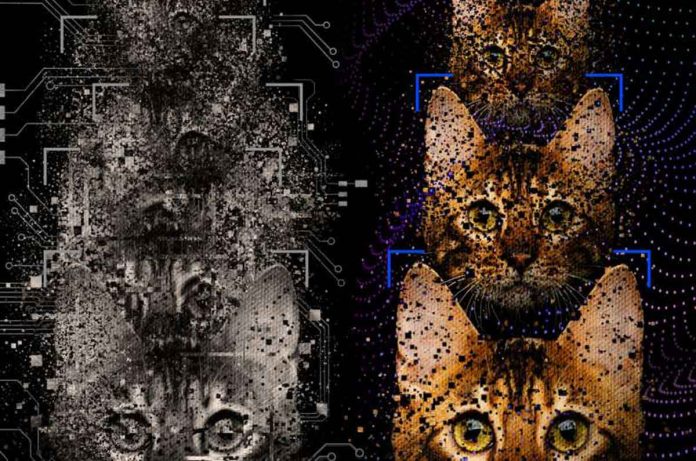A group of academics from numerous institutions in the United States, including Google Quantum AI, and an Australian colleague have created a theory predicting that quantum computers should be exponentially quicker than classical machines on specific learning tasks. The group outlines their hypothesis and outcomes when tested on Google’s Sycamore quantum computer in a study published in the journal Science. In the same journal edition, VedranDunjko of Leiden University City wrote a Perspective essay detailing the concept of integrating quantum computing and machine learning to give a new level to computer-based learning systems.
Machine learning is a method of making educated estimates about new data using computers that have been trained with datasets. Quantum computing, on the other hand, entails representing qubits with sub-atomic particles in order to run applications many times faster than traditional computers. The researchers examined running machine-learning applications on quantum computers as part of this new initiative, with the goal of making them better at learning and hence more helpful.
The researchers designed a machine-learning job that would learn via experiments repeated many times over to see if the notion could be implemented and, more crucially, if the results would be better than those achieved on traditional computers. They then devised ideas detailing how a quantum system may be utilized to carry out and learn from such experiments.
They were able to demonstrate that a quantum computer could accomplish it, and that it could do it far better than a classical machine. In fact, they discovered a four-order-of-magnitude reduction in the number of experiments necessary to understand a concept compared to classical systems. The researchers then developed such a system and put it to the test on Google’s Sycamore quantum computer, proving their claim.
The findings show that if a practical quantum computer is ever constructed, it may be capable of learning new things on a scale that is practically inconceivable.

